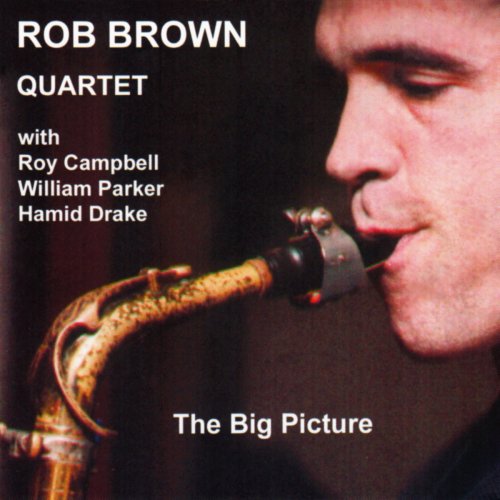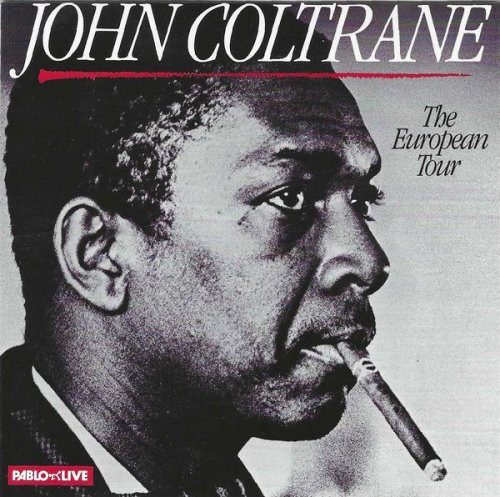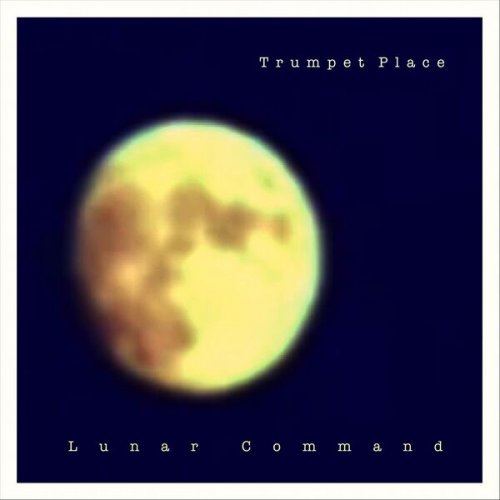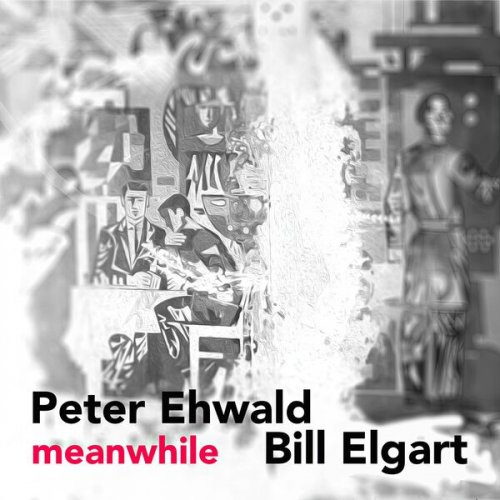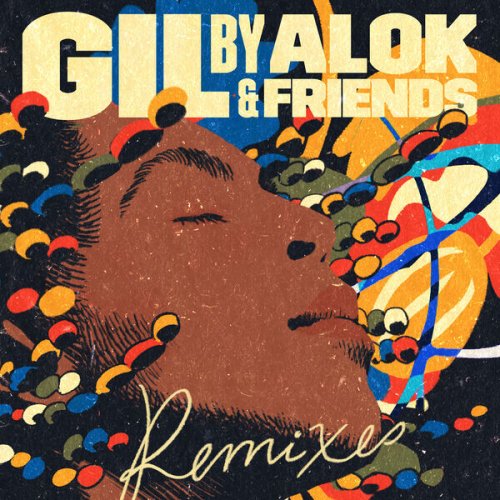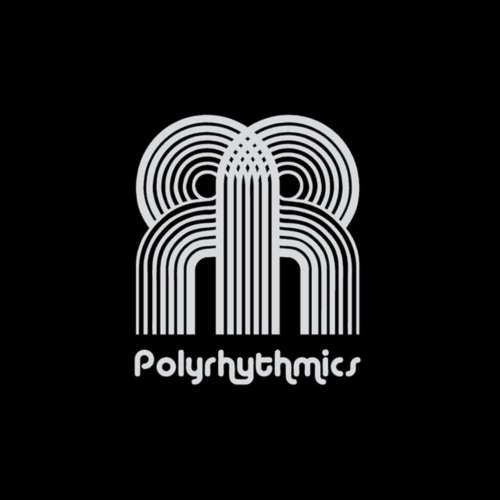Gene Vincent - The Ballads of Gene Vincent (2006) Lossless
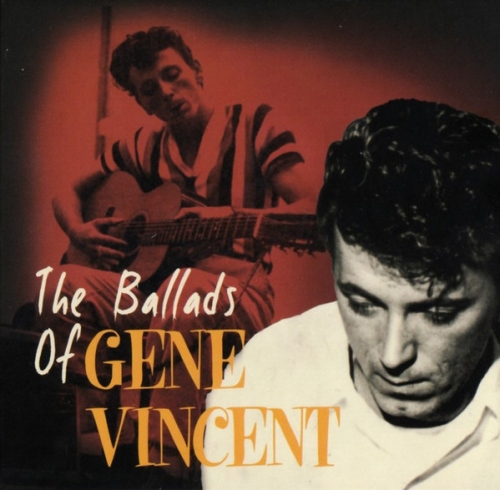
Artist: Gene Vincent
Title: The Ballads of Gene Vincent
Year Of Release: 2006
Label: Bear Family
Genre: Rock'n'Roll, Rockabilly
Quality: APE (image, .cue, log)
Total Time: 01:12:57
Total Size: 325 Mb (covers)
WebSite: Album Preview
Tracklist:Title: The Ballads of Gene Vincent
Year Of Release: 2006
Label: Bear Family
Genre: Rock'n'Roll, Rockabilly
Quality: APE (image, .cue, log)
Total Time: 01:12:57
Total Size: 325 Mb (covers)
WebSite: Album Preview
1. I Sure Miss You (2:40)
2. Wedding Bells (2:33)
3. Up A Lazy River (2:22)
4. Unchained Melody (2:39)
5. Important Words (version 1) (2:23)
6. Wear My Ring (2:36)
7. In My Dreams (2:40)
8. You Belong To Me (2:28)
9. Keep It A Secret (2:04)
10. Peace Of Mind (2:25)
11. Now Is The Hour (3:02)
12. Lonesome Boy (1:45)
13. You Are The One For Me (2:22)
14. Maybe (2:24)
15. My HEart (2:30)
16. The Night Is So Lonely (2:29)
17. Over The Rainbow (2:55)
18. Weeping Willow (2:39)
19. There I Go Again (2:35)
20. Love Of A Man (2:26)
21. Where Have You Been All My Life (2:56)
22. Lavender Blue (3:20)
23. Someday (You'll Want Me To Want You) (2:22)
24. Hi-Lili Hi Lo (2:11)
25. Lonely Street (2:16)
26. Scarlet Ribbons (3:15)
27. The Rose Of Love (2:58)
28. Distant Drums (3:29)
Gene Vincent is -- for reasons too obvious to be repeated here -- properly identified as one of early rock & roll's wild men, a fierce-looking rock & roller whose hits, starting with "Be Bop A Lula," helped to define the most threatening side of the era's music. No one would dispute that idea, and anyone who tried to would look foolish in the attempt. It will thus come as a surprise -- if not a downright shock -- just how well this collection of romantic ballads, recorded across 15 years of Vincent's career, holds up, even after repeated listening. There's not a bad performance or even a weak moment anywhere on this 28-song collection, which starts with "I Sure Miss You" from a 1956 session, and ends with "Distant Drums," cut in 1971. In between, you get his renditions of "Wedding Bells (Are Breaking Up That Old Gang of Mine)," "Up a Lazy River," "Unchained Melody," "You Belong to Me," "Over the Rainbow," "Weeping Willow," "Hi-Lili Hi Lo," and "Scarlet Ribbons," among others, all of them done about as finely and respectfully -- and successfully -- as one could expect, and then some. Vincent's ballads are usually considered a drawback on his original albums by the people buying them for numbers like "Bluejean Bop" and "Woman Love," but the fact is that they weren't filler, and he and his band and producer Ken Nelson spent a good deal of time making sure that they worked; whether the lead guitar is being played by the legendary Cliff Gallup, or successors such as Paul Peek or Johnny Meeks, or even John St. John (of Sounds Incorporated on the early-'60s British sides), the playing is always engaging and inventive, and the vocal accompaniments are anything but perfunctory.
For most fans of Vincent's rock & roll numbers -- which means most of his fans -- this CD will seem an odd digression at first, but after the first listen it's impossible not to appreciate the sincerity of his efforts, or his success at pulling off these slow ballads. He wasn't Elvis Presley, and couldn't quite generate a voice that overpowered the listener the way that Elvis did, but he could take a romantic slowie like "Now Is the Hour" or "Lonesome Boy" and run with it, and do as much with it -- or more -- as he could with "Race with the Devil." Buying this might seem to be a stretch, but there are revelations to be heard on every other track -- "You Are the One for Me," where he wraps his voice around sustained notes and pulls out the kind of emotion one expected from Elvis, if not the technical purity and range, while Meeks' guitar and composer Cliff Simmons' piano slip their embellishments around his singing, is a stand out -- among other great moments in between. The producers have cheated a tiny bit by sticking in "Maybe," which is a bit of a rocker with some quick fingered soloing by Meeks along the way; and he sounds uncannily like Buddy Holly on his rendition of Johnny Burnette's "My Heart," cut in October of 1958; and even more like Holly on "The Night Is So Lonely," an original by Simmons and Vincent. This CD is filled with moments like that, pouring out unexpectedly and offhandedly, and making this the kind of collection that one not only has to own, but play often, just for the richness of the discoveries all over it. And the later, post-Capitol tracks, from EMI in the U.K. and, later still, from Challenge Records and Dandelion, are even more rewarding, as they're much less widely known and thus will be totally new to most casual listeners.
For most fans of Vincent's rock & roll numbers -- which means most of his fans -- this CD will seem an odd digression at first, but after the first listen it's impossible not to appreciate the sincerity of his efforts, or his success at pulling off these slow ballads. He wasn't Elvis Presley, and couldn't quite generate a voice that overpowered the listener the way that Elvis did, but he could take a romantic slowie like "Now Is the Hour" or "Lonesome Boy" and run with it, and do as much with it -- or more -- as he could with "Race with the Devil." Buying this might seem to be a stretch, but there are revelations to be heard on every other track -- "You Are the One for Me," where he wraps his voice around sustained notes and pulls out the kind of emotion one expected from Elvis, if not the technical purity and range, while Meeks' guitar and composer Cliff Simmons' piano slip their embellishments around his singing, is a stand out -- among other great moments in between. The producers have cheated a tiny bit by sticking in "Maybe," which is a bit of a rocker with some quick fingered soloing by Meeks along the way; and he sounds uncannily like Buddy Holly on his rendition of Johnny Burnette's "My Heart," cut in October of 1958; and even more like Holly on "The Night Is So Lonely," an original by Simmons and Vincent. This CD is filled with moments like that, pouring out unexpectedly and offhandedly, and making this the kind of collection that one not only has to own, but play often, just for the richness of the discoveries all over it. And the later, post-Capitol tracks, from EMI in the U.K. and, later still, from Challenge Records and Dandelion, are even more rewarding, as they're much less widely known and thus will be totally new to most casual listeners.

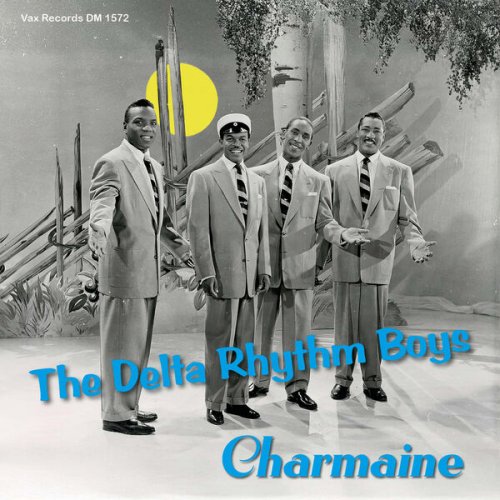
![Grises - Eveil (2025) [Hi-Res] Grises - Eveil (2025) [Hi-Res]](https://www.dibpic.com/uploads/posts/2025-12/1766127968_cover.jpg)
